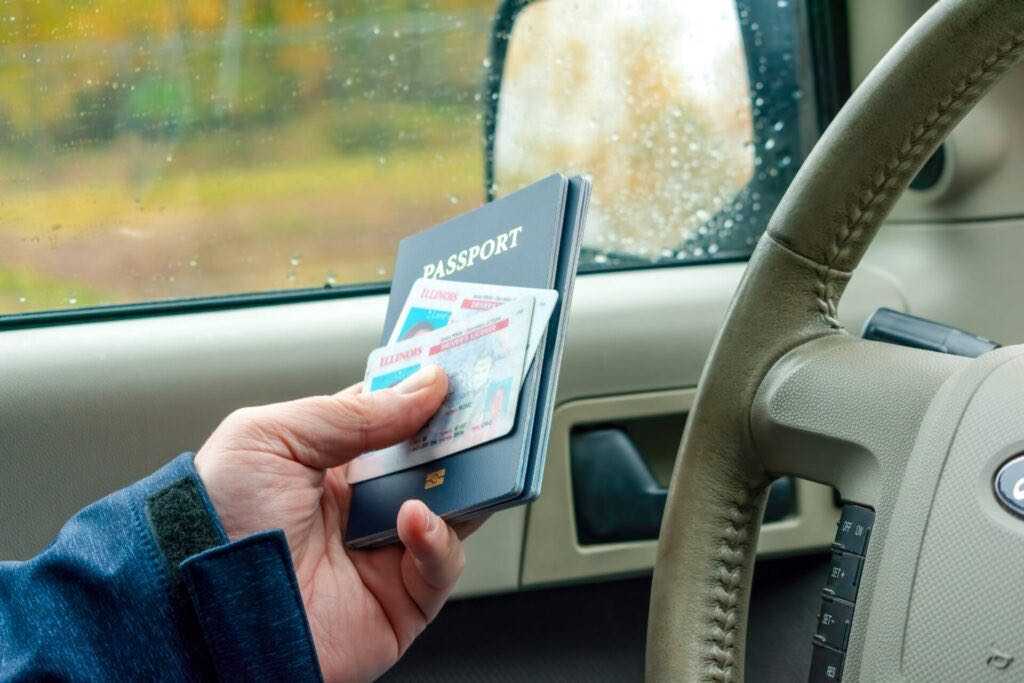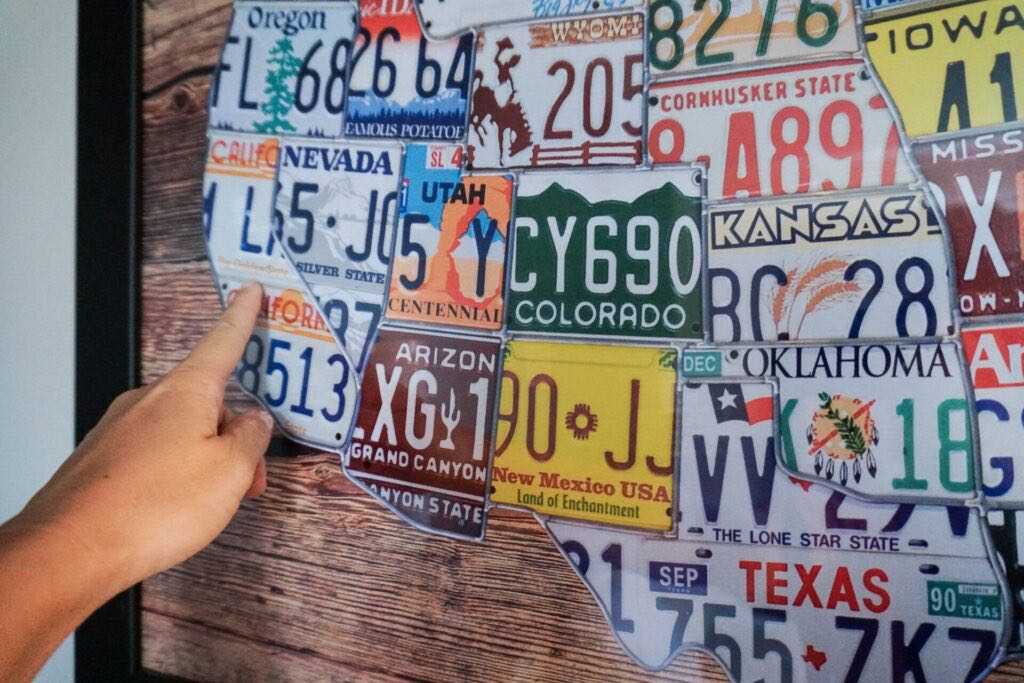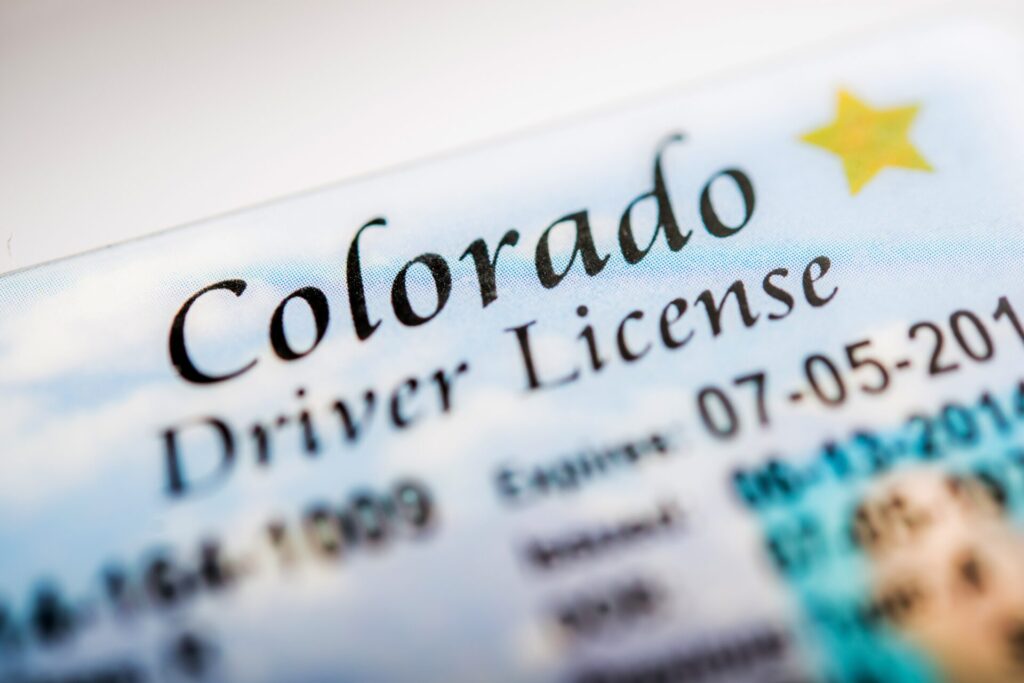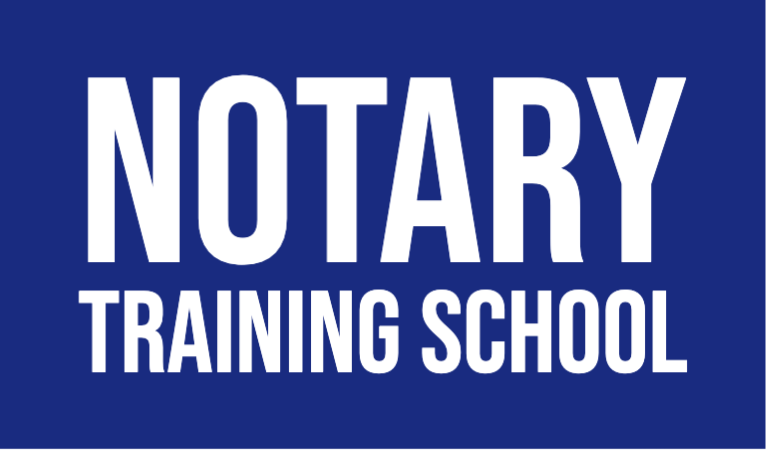What Forms of ID can a Notary Accept? Acceptable forms of Identification for a Notary Public

The process of notarization requires that the document signer is properly identified. Knowing which forms of identification are accepted and the requirements to do so can help make this process simpler, smoother, and more stress-free.
As a notary public, it’s important to be knowledgeable about what different types of identification you can accept in order to prove the identity of your customers.
By understanding exactly which forms are acceptable and being aware of any state guidelines related to ID acceptance, you provide yourself with the added assurance that you’re complying with local regulations while helping verify the identity of whoever you’re notarizing for. Read on for a detailed look at different acceptable forms of ID for a notary uses when performing notary services.
Your state laws probably differ

Before we begin, I want to point out that each state sets its notary laws and acceptable identification requirements. Now, in general, the requirements are pretty much the same. It’s usually the small details that differ. As an example, some states might allow personal knowledge or witnesses as acceptable IDs, but other states might now. So it’s important to research the laws of your state.
Therefore, we’re trying to be as general as possible and not get into the specific details that might differ between states. Just know that if there’s a difference between your state’s laws and what you read anywhere on this website, your state’s laws are what you must follow.
RULONA – A starting point for state laws
To try to start with a baseline, we will be using the work done by the Uniform Law Commission in their Revised Uniform Law on Notarial Acts, which was last updated in 2021, and either the most recent or a previous version is in use by 28 states.
Your state’s laws (which might not be based on RULONA) are the final authority. But we figured that using the model act used by most states is a pretty good resource for general information about what identification can be accepted by notaries public.
Also, note that your state’s laws might be different even if you live in one of the 28 states that use RULONA as a model for its notary laws. That’s because RULONA is simply a recommendation, and states can pick and choose or modify the requirements to fit their needs best.
Most common forms of identification, according to RULONA

To ensure quality and accuracy in performing a notarial act, a notary public must ascertain the identity of the individual requesting their services from their personal knowledge or through satisfactory evidence.
What constitutes personal knowledge?
The notary must be able to personally recognize the person due to previous interactions, either business or personal. This ensures a greater level of security when verifying identity.
Engaging in business deals may involve nothing more than executing prior notarial acts for a person. It could also be due to the fact that the notary public had engaged in previous exchanges with them.
The notary public may be friends or colleagues with the individual. The notarial officer and individual may work in the same office, school, or building. These are examples of personal relationships.
No matter what kind of engagements you have had before, they must be good enough to give a notary details that can help them recognize an individual without having to examine any ID credentials or demand further means of identification.
What is “satisfactory evidence?”
Even when the notary public has never interacted with an individual, there are still two reliable methods of obtaining satisfactory evidence and verifying their identity.
Establishing identity can be done through two reliable methods: one, obtaining an appropriate identification credential; and two, attesting to the individual’s identity by a credible witness.
Acceptable identification documents
A notary public may identify an individual by looking at a government identification document. These include their passport, driver’s license, or government-issued nondriver identification card.
Passport
The passport may be issued by the United States or any other foreign passport. In addition to traditional passport books and recently released passport cards, the US might issue additional forms of passports as well.
Driver’s license or non-driver identification card
A driver’s license can be issued by numerous entities, ranging from state governments and foreign states to tribal authorities. An alternative form of identification that may replace a traditional driver’s license is a non-driver ID card which many states offer to qualified or unqualified individuals alike. This type of card provides an individual with the same identification capabilities as if they had obtained their own valid driver’s license.
Expired IDs
Even though an identification credential, such as a driver’s license, may have already expired and is no longer valid for its primary purpose (e.g, you can’t drive with an expired driver’s license), the notary public can still accept it as a form of identification up to three years after its expiration date.
As long as the information on the card is enough to identify the person, it is doing its job. However, this does mean that the card can only be used for identification purposes for three years after it expires.
Other valid ID
Some people may not have a passport, driver’s license, or even a government-issued nondriver identification card that is still valid or has not expired for more than three years.
This means that the notary can use another form of a government-issued ID to identify the person, as long as that ID has the person’s signature or a photo of the person.
This type of credential may include, for example, a military id. However, this also means that the notary public must be satisfied with the identification that the credential provides. If the notary public is unsatisfied with the identification, the notary may refuse to accept it.
Credible Witness
Even if someone is not known to the notary public and does not have any of the listed identification credentials, that person may still require the performance of a notarial act.
A notary public can identify an individual by having a credible witness who knows the person appear and swear that they are who they say they are.
In order to be considered a credible witness, they must meet one of two conditions:
- be personally known by the notary public
- have their identity confirmed via passport, driver’s license, or another form of government identification that has not expired more than three years prior to the performance of the notarial act.
Despite the fact that an alternative form of identification is supplied for verifying the individual on whose behalf a notarial act is performed, this does not extend to confirming the authenticity of any witness present.
This also means that we cannot use another witness’ oath or affirmation to decide if the first witness is telling the truth. This could create a never-ending chain of witnesses.
Refusing notarial services based on identification
Despite the presentation of a valid identification credential, in some cases, notary publics may remain uncertain about the identity of an individual. This could be due to factors like defects that obscure legibility on the ID card or changes in physical appearance which are not reflected within its image.
If the notarial officer is uncertain as to the identity of the individual (whether the individual for whom the notarial act is performed or a credible witness for that individual), the noatary may require the individual to provide additional information or identification to assure the officer as to the identity of the individual.
Using acceptable forms of ID
When making sure someone is who they say they are, it is important to be flexible. For example, a person’s name in official documents might include their full middle name. But their acceptable form of government identification issued to them might only show a middle initial or nothing at all. This happens often.
The inconsistency might be happening the other way around instead. The notary should recognize these common inconsistencies when identifying an individual. However, if a notary is unsure about the identity of the individual, the notary should say no to performing the notarial act.






Responses